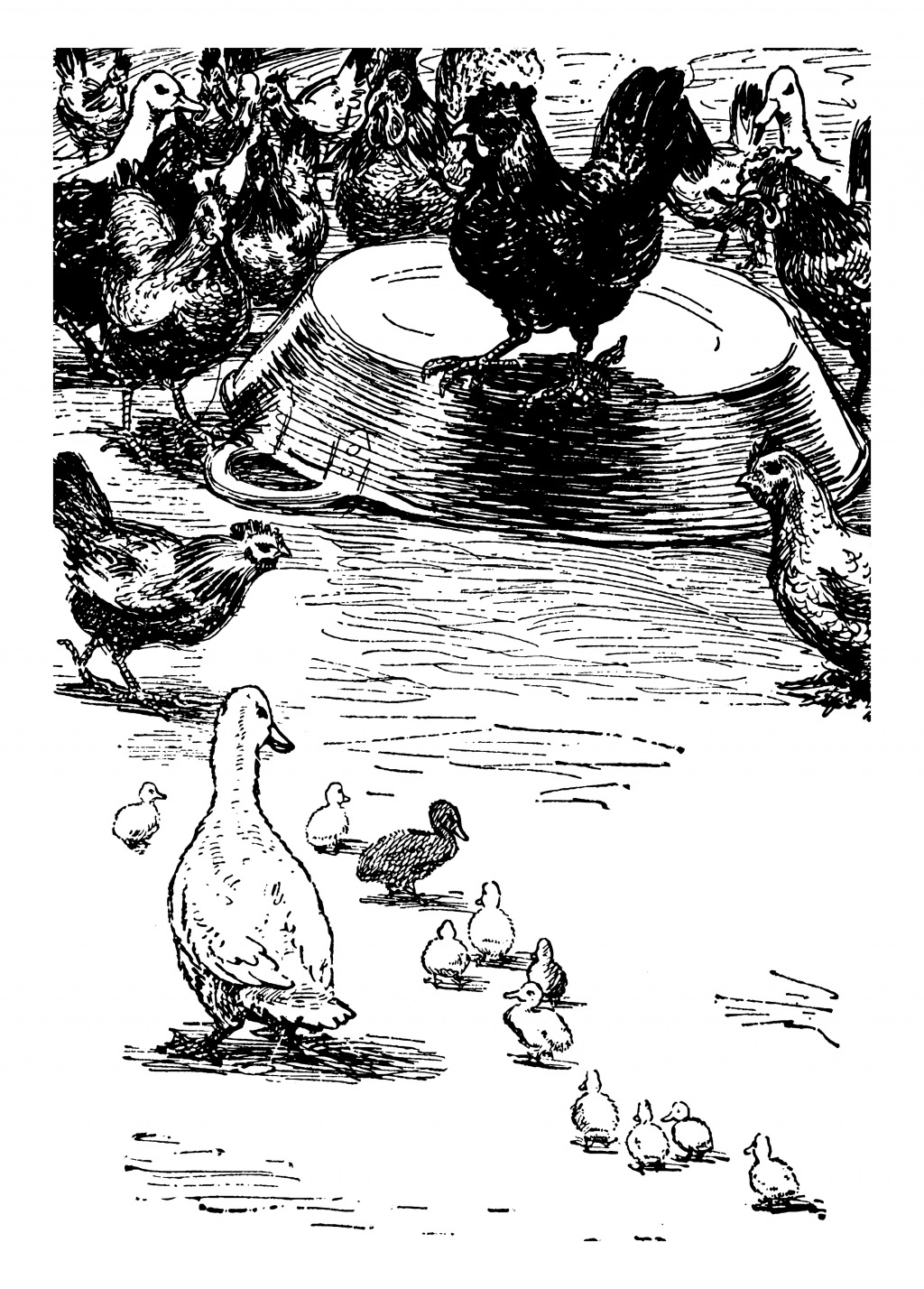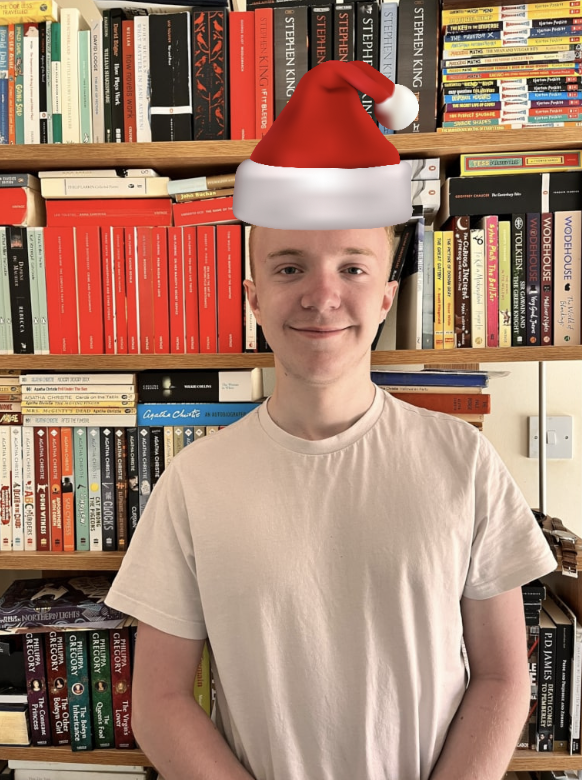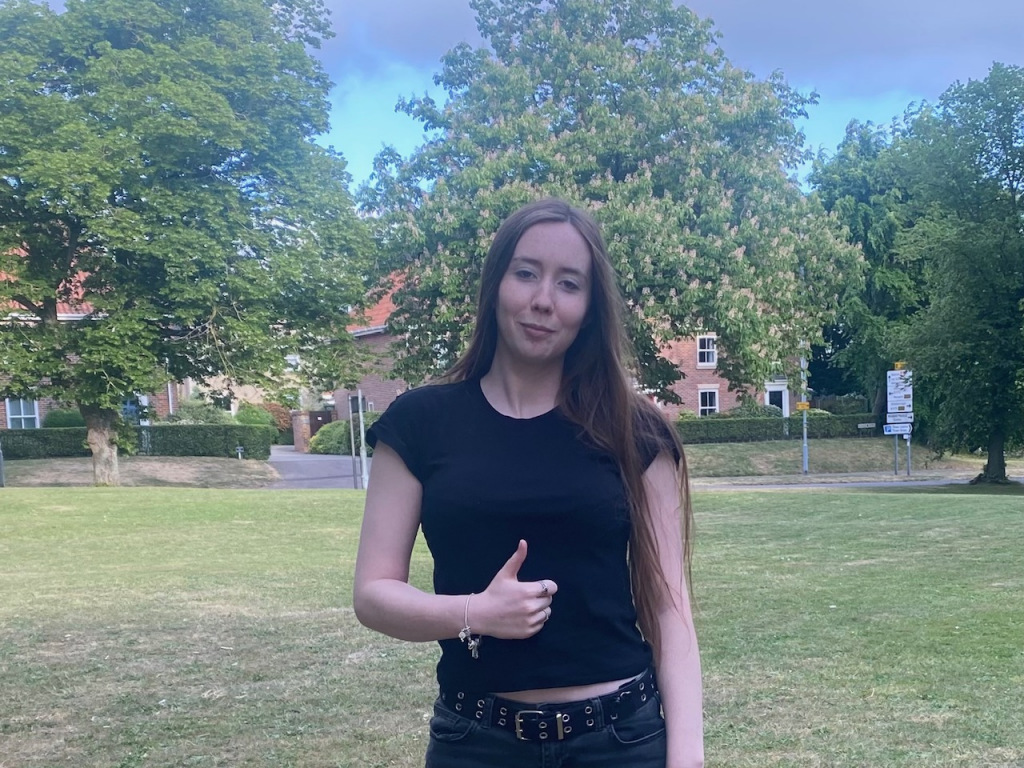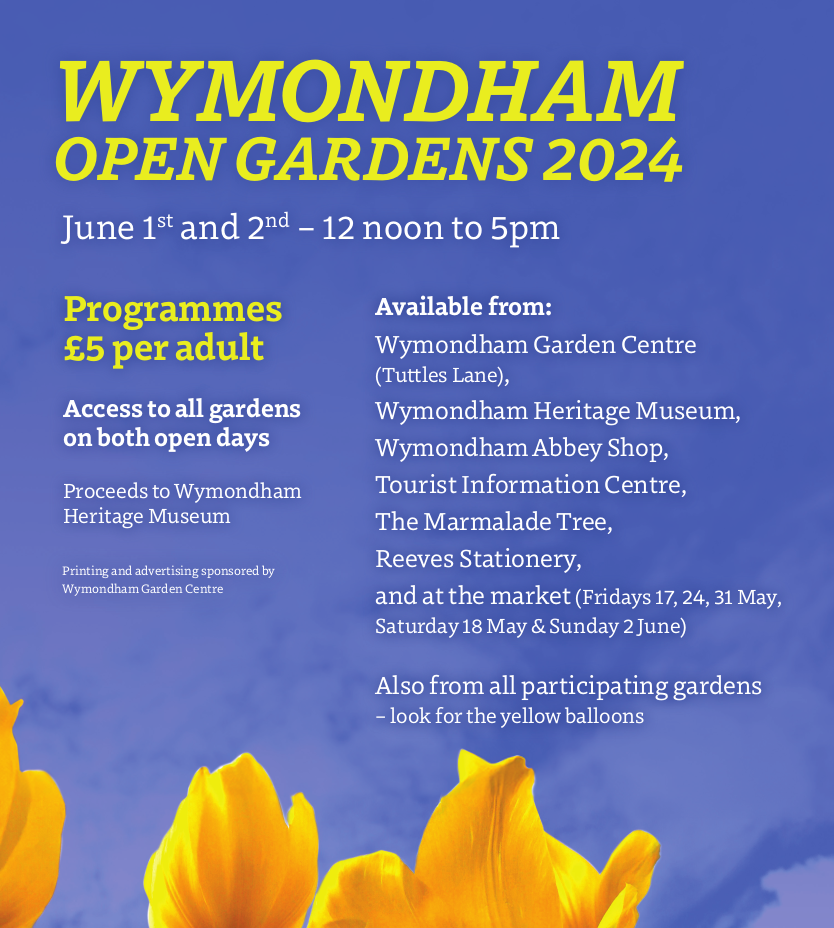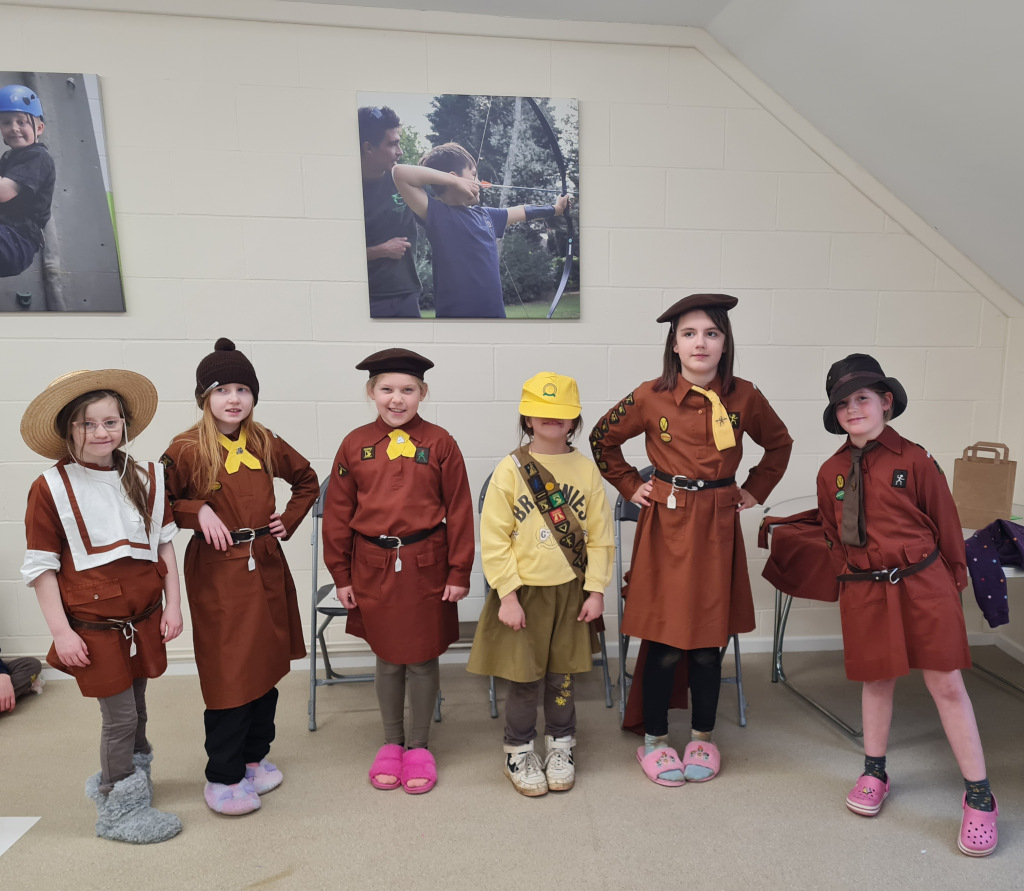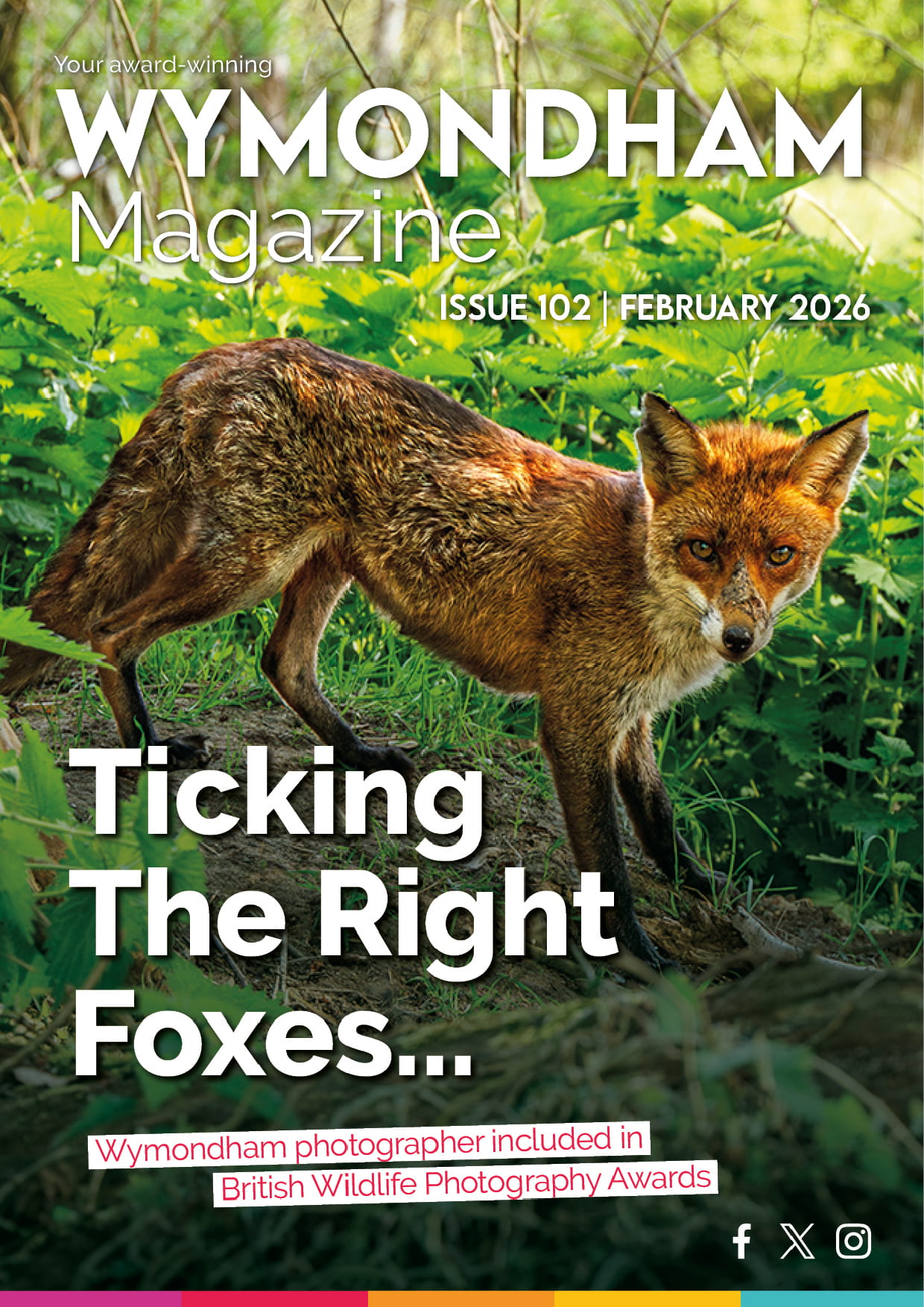I have nothing but positive things to say about almost all of my English Literature teachers from Wymondham High. Every university literature professor I have had the privilege of working with has also been wonderful. I believe strongly in the value of literary study and that we neglect it at our peril.
However, just because a subject is worth studying, this does not inoculate it from the occasional bizarre and inadvertently hilarious misstep. We all know that the humanities can sometimes mistake word salad, obscurity, and important-sounding nonsense for rigour, truth, and accuracy. To partake in the hilarity, consider this critical paper that we were set for university recently, one that had me and a pal roaring with laughter.
(It is about rabbits, so think of this as a belated Lowe-Down Easter Special.)
Ecocriticism, in literary spheres, is the art of reading literature for its environmental relevance. This particular paper argued for a specific kind of ecocriticism, one where we acknowledge the overwhelming craziness of the natural world and do not attempt to impose any simplistic human-constructed binaries onto it. All interesting stuff…until you get paragraphs like this:
“How can we ever distinguish properly between humans and nonhumans? Doesn’t the fact that identity is in the eye of the beholder put serious constraints on such distinctions? It’s not just that rabbits are rabbits in name only: it’s that whether or not we have words for them, rabbits are deconstructive all the way down – signifying and display happen at every level. Nothing is self-identical. We are embodied yet without essence.”
This was published in a serious journal and was part of a serious university course. My pals and I wondered if it was a parody.
Is it really impossible to distinguish properly between humans and nonhumans? Well…no. It is very possible. Evolutionary biology does not work without the basic truth of species distinctions. As the most cursory of Google Scholar searches reveals, “species, as biological diversity, are essential elements of scientific investigations for multiple disciplines.” Rejecting species categories on the grounds that “identity is in the eye of the beholder” seems like something only a parody writer would have attempted. It conflates subjective identity with objective biodiversity observations.
Also, in what world are rabbits “deconstructive all the way down”? Deconstructive of what? This is rank bad writing of the first degree, implying profundity but hiding behind obscurity. If I wrote such a sweeping statement in an assessed essay, my tutors would give me zero marks.
Yet our task was to write about this as if it were a credible analysis.
The wise words continue. The writer states that the word “animal” is a “disastrous term”. Quite why, he omits to specify. Presumably, he fears that the term positions nonhumans as lesser beings; his broader point is that we should not assume human superiority. So, what term does he decide is preferable?
“Strange strangers.”
I kid you not. He genuinely suggests “strange strangers” as an alternative to “animals”. “Other life-forms are strangers whose strangeness is irreducible,” he explains. If that is not an “othering” term, I don’t know what is!
Call me a bluff anti-intellectual – but I don’t think animals care what we call them. (And somehow I don’t see “strange strangers” catching on.) Animals care more about us not shooting them, or burning down their homes in forest fires, etc. This analysis is symptomatic of a very shallow academic trend that polices terminology more than it cares about substance.
Then he writes, “Derrida hypothesised that deconstruction applied to the life-nonlife boundary.” Again, one struggles to know what he means. “Nonlife” goes undefined. He surely cannot be arguing about life and death. Short of (heaven forbid) people in comas or who have had near-death experiences, the life/death boundary is very clear. There is (sadly) no bringing back the dead. So why are we straight-facedly arguing that life/nonlife boundaries can be “deconstructed”?
You may also be wondering what this has to do with literature. The idea at university was to apply these ideas as a “way of thinking” about texts. But this claptrap helps nobody to think about anything. The role of literary scholars – and a brilliant, invaluable job it is in its own right – is to analyse literary texts for their endless richness. Wymondham High tutors are working hard to maintain this subject in an era where it is increasingly devalued.
But in the nicest possible way, nobody is buying that rabbits are deconstructive.






